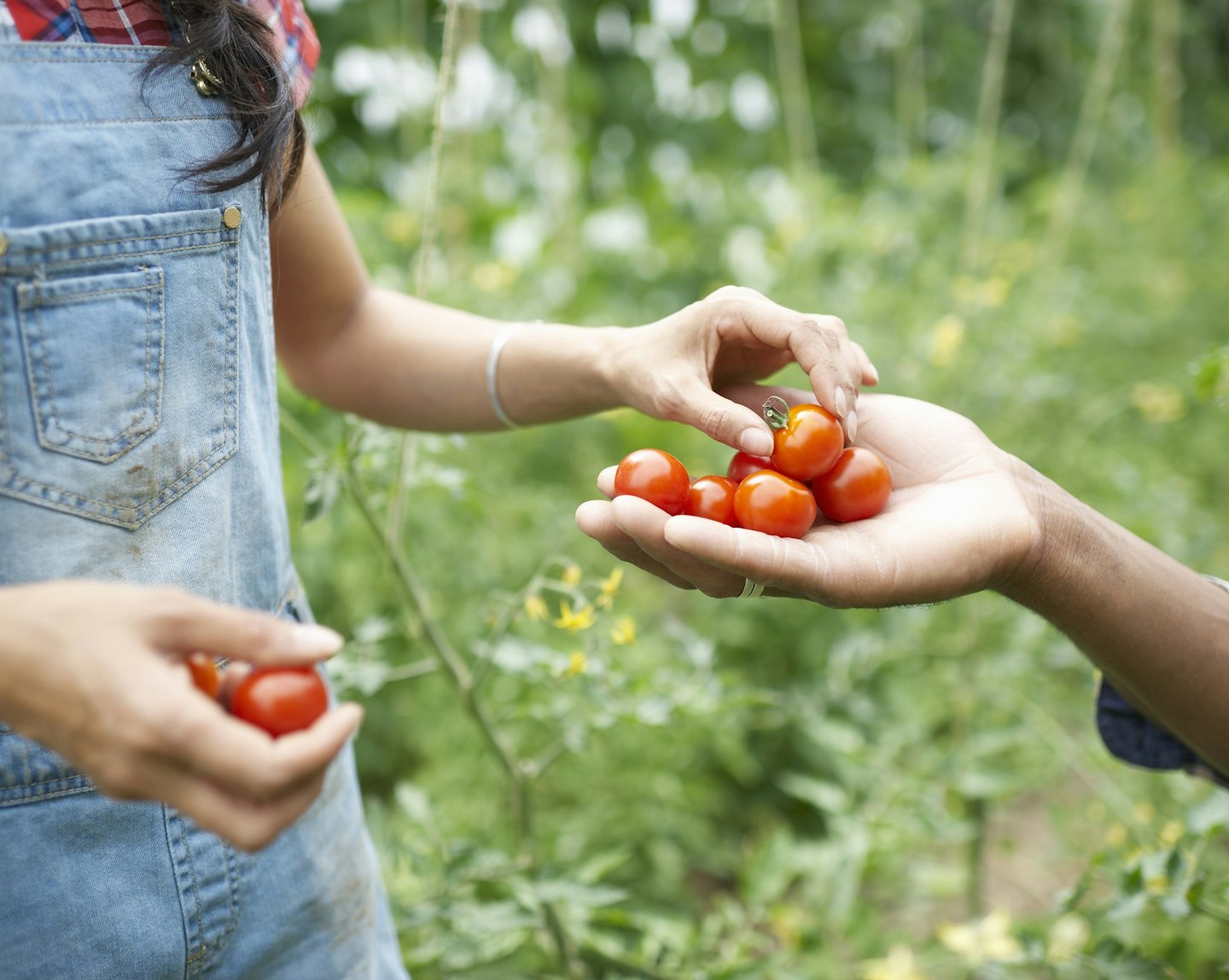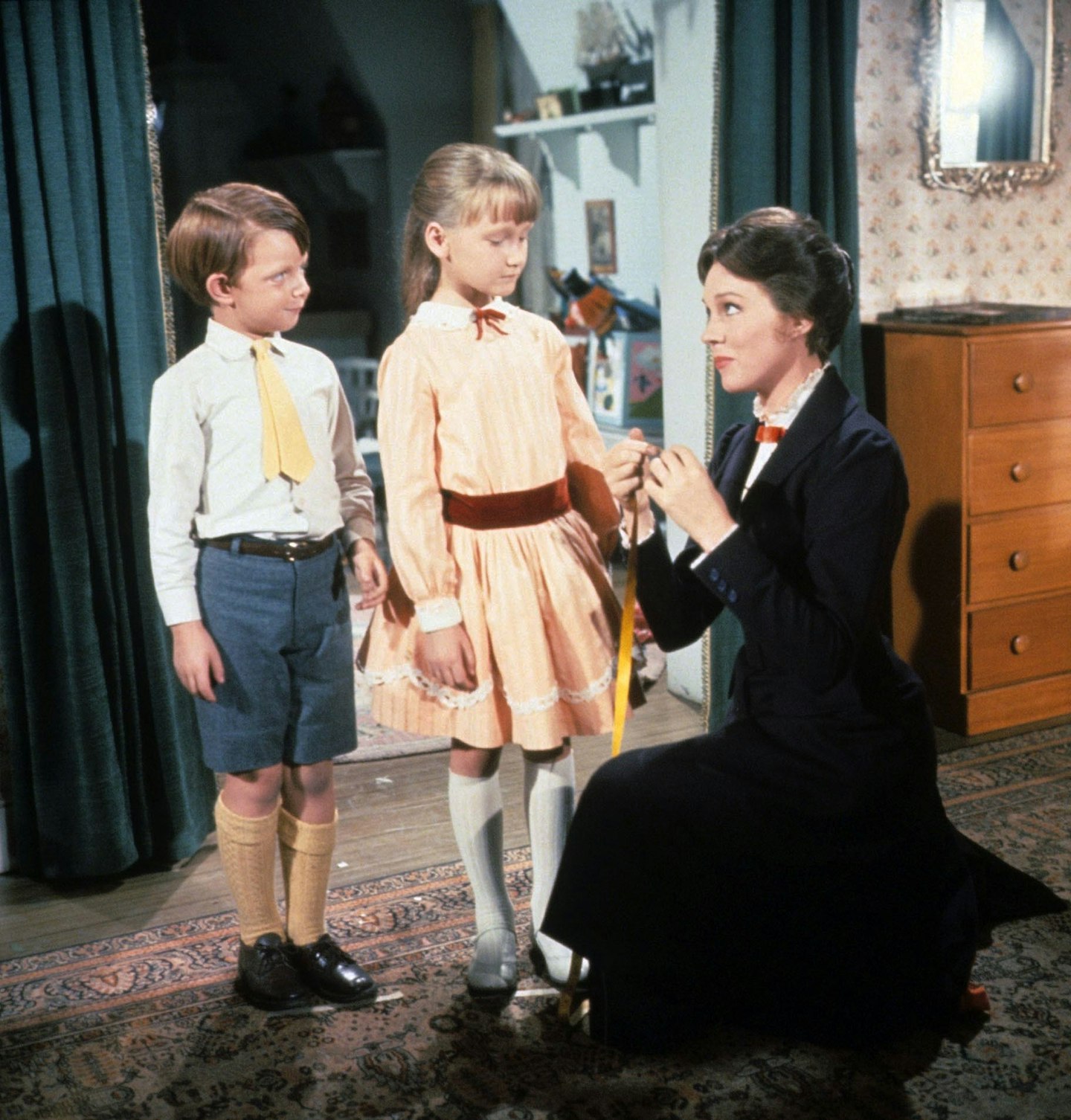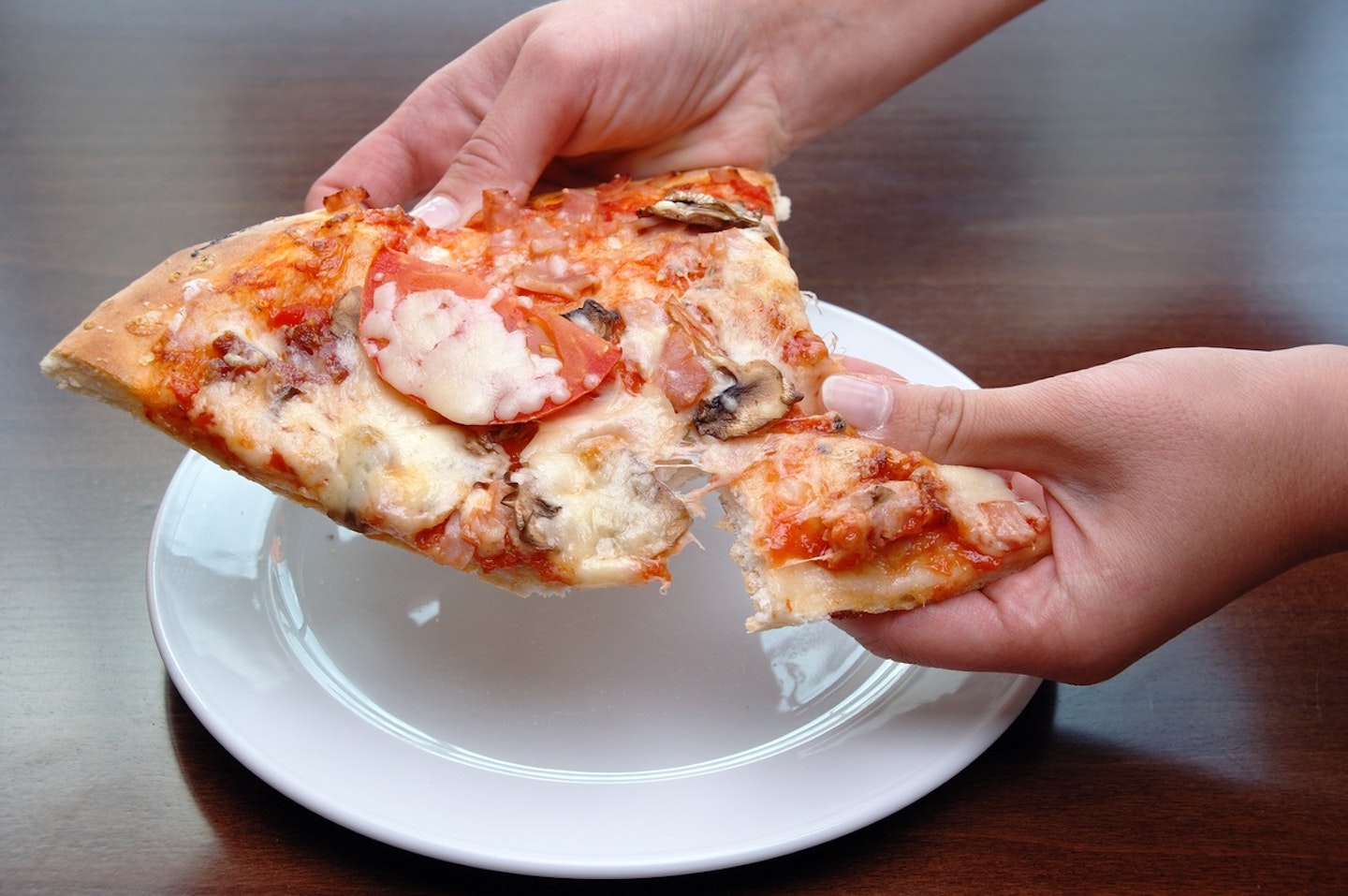If we owned the patent on happiness, we'd be rich women indeed by now.
But this ephemeral quality seems forever out of reach. Unlike many perks in a modern world, it can't be ordered on speed-dial, or reached at the swipe of a thumb.
However, psychology shows that little day-to-day habits play a hand in boosting our mood - and certain personality traits are also significant.
Being generous is one such characteristic that triggers a host of warm and fuzzy feelings in the brain, according to a new study published in Nature Communications this week.
Researchers from the University of Zurich in Switzerland identified a neural link between altruism and happiness.

The team of scientists found that the mere intention of being generous is enough to stimulate the part of our brains associated with kind acts and happiness.
They told 50 participants that they each had around £76 to spend. Half of the group were instructed to use their cash buying a gift for themselves, while the other half were told to spend money on someone they knew.
Before they spent any money, everyone was asked to think about buying a present for a friend - and identify how much they would hypothetically spend on them.
The volunteers then underwent MRI scans to measure activity in three regions of the brain associated with social behaviour, happiness and decision-making.
Those who had pledged to spend money on other people in the earlier part of the experiment were found to be more generous as a result. They also had more interactions with the part of the brain associated with a mood lift, and reported greater levels of happiness after the experiment had finished.

Interestingly, the amount spent didn't seem to impact how great people felt - it was just the intention to be generous in itself which sparked all the feels.
"At least in our study, the amount spent did not matter," lead author Philippe Tobler, associate professor of neuroeconomics and social neuroscience, tells Time magazine. "It is worth keeping in mind that even little things have a beneficial effect - like bringing coffee to one’s office mates in the morning."
Evolutionary theory has had a hard time explaining our propensity towards generosity.
Since being altruistic is costly to us - it involves investing our own resources for the benefit of others - there appears to be no obvious reason why we are so disposed to be generous.
But the fact that we feel happier as a result of being generous may explain the conundrum, say the Zurich researchers.
We are motivated to be generous by anticipating the feel-good hit our brains know we will receive as a result.

This effect is best reaped if it's practised regularly - as an ingrained habit.
Like happiness, you can't manifest generosity just like that; it's more something that becomes second nature over time. And it works in tandem with happiness - each promotes the other.
The benefit of being generous "involves everything from developing a sense of self as generous to being more socially networked to being more physically active," says Christian Smith, co-author of The Paradox of Generosity.
"It involves neurochemical changes in the brain that give people more pleasure chemistry in their brain, a sense of reward for having done something good," he says.
"The more happy and healthy and directed one is in life, the more generous one is likely to be, although that’s not guaranteed. It works as an upwards spiral where everything works together, or it works sometimes as a downward spiral if people aren’t generous."
Read More: Six Easy Habits That Will Make You Happier Every Day, According To Science
Read More: Fail-Safe Happiness Habits For An Instant Mood-Lift
